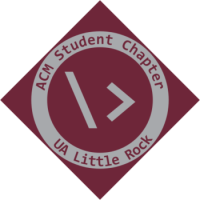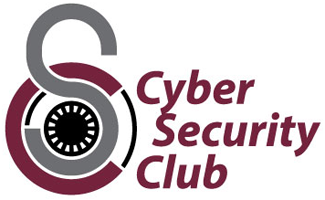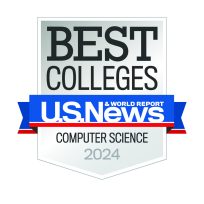Dr. Jan Springer, Director of the UA Little Rock Emerging Analytics Center, recently contributed to the Arkansas Center for Data Sciences monthly newsletter. Please read below Dr. Springer’s thoughts on the inclusion of algorithms as a fourth component of literacy:
YOUR MICROWAVE ISN’T MAGIC: Updating the definition of a literate person
JAN P. SPRINGER, Ph.D.
DO YOU KNOW how your microwave works? Probably not. We have many such gadgets in our lives, but the entry level for understanding them has become very high today. You can’t just run one program, as in the UNIX way, like 50 years ago. No, today you have to install a software development environment, and you need a license to use it, as if you were going to make money with that. And all you want to do is to know how your gadget works.
What Arkansas is doing with the computer science components in the middle and high school is a counter-action to this. It is a really good counter-action, even if we maybe do not agree with all of what the teachers are doing. It’s better than not doing it at all.
The way I see it is, we have these “literacies” that we need to master if we’re to be educated people. We have to be literate in reading and writing, and then there is coding, or I would say doing things in an algorithmic way. And we need to have a certain literacy in math.
But math at a good high school level usually only gives you a good introduction—or intuition, if it’s really good—to numbers, especially going into high numbers, and tendencies, and nondeterministic processes like stochastic statistics, because that’s very hard. And there are basically things you can use to analyze that, too. But it doesn’t give you a good insight into how your microwave works.
The classical thing people in Germany get introduced to in algorithm courses is an automated teller machine—an ATM. What does the ATM do? How does it go from one state to the other, how does it determine that you get money or you don’t get money?
So to me, there should be a fourth component of literacy: reading, writing, math, and then something to do with algorithms. If we don’t do that, people will not survive in this world anymore, because they think everything is magic. No, it’s not. It’s just highly complex.



